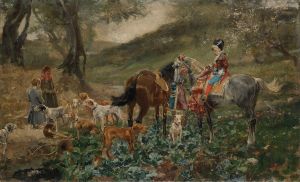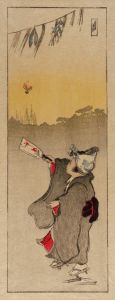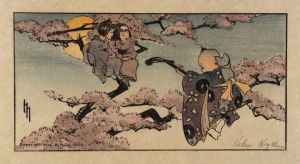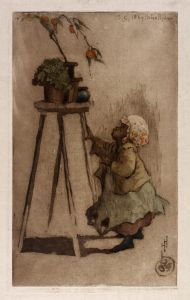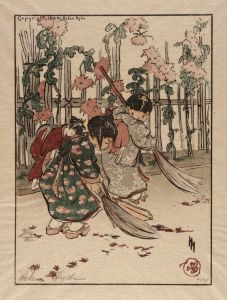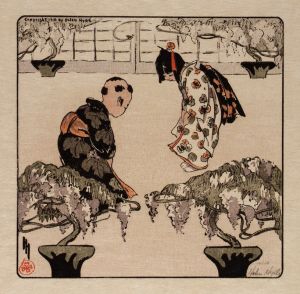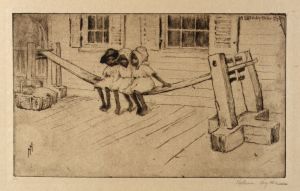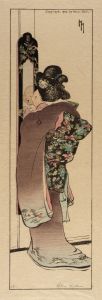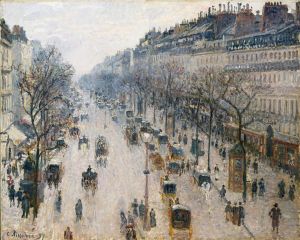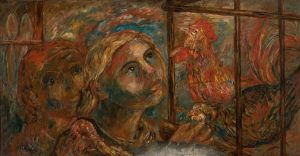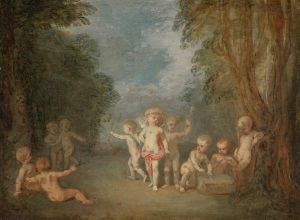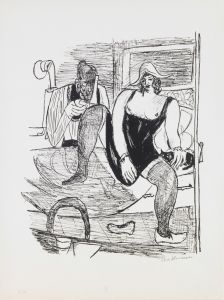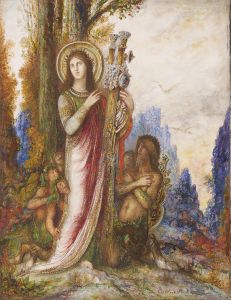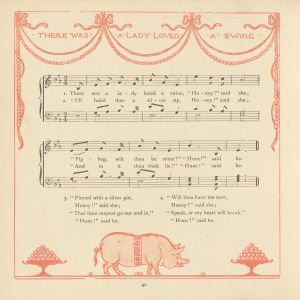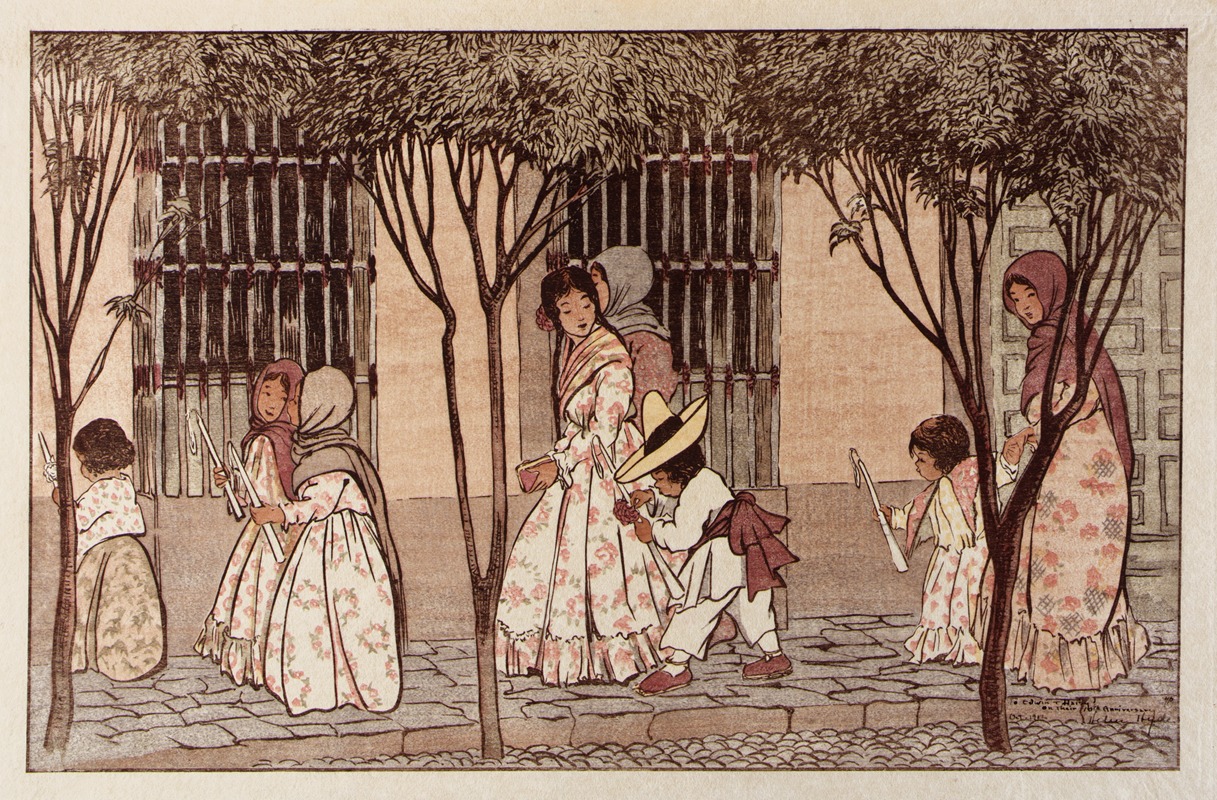
Sunday Morning
A hand-painted replica of Helen Hyde’s masterpiece Sunday Morning, meticulously crafted by professional artists to capture the true essence of the original. Each piece is created with museum-quality canvas and rare mineral pigments, carefully painted by experienced artists with delicate brushstrokes and rich, layered colors to perfectly recreate the texture of the original artwork. Unlike machine-printed reproductions, this hand-painted version brings the painting to life, infused with the artist’s emotions and skill in every stroke. Whether for personal collection or home decoration, it instantly elevates the artistic atmosphere of any space.
Helen Hyde (1868–1919) was an American artist known for her work in color woodblock prints, a technique she mastered during her time in Japan. Her work often depicted scenes of everyday life, particularly focusing on women and children, and she was instrumental in popularizing the Japanese woodblock print style in the United States.
"Sunday Morning" is one of Helen Hyde's notable works, created during her prolific period in the early 20th century. Hyde's prints are characterized by their delicate lines, subtle color palettes, and an intimate portrayal of domestic scenes. While specific details about "Sunday Morning" are limited, it is representative of her broader body of work, which often captures serene and contemplative moments.
Hyde's artistic journey began in San Francisco, where she was born. She studied at the California School of Design and later in Europe, where she was influenced by the etching techniques she learned in Paris. Her artistic direction took a significant turn when she moved to Japan in 1899. There, she studied under the tutelage of the Japanese artist Kano Tomonobu, who introduced her to the traditional Japanese woodblock printing technique known as ukiyo-e.
During her time in Japan, Hyde immersed herself in the culture and traditions, which profoundly influenced her artistic style. She adopted the Japanese method of creating prints, which involved carving images into woodblocks and then applying ink to create prints on paper. This method allowed her to produce multiple copies of her work, making her art more accessible to a wider audience.
"Sunday Morning," like many of Hyde's works, reflects her fascination with Japanese culture and her ability to blend Western and Eastern artistic traditions. Her prints often feature Japanese women and children in domestic settings, capturing the quiet beauty of everyday life. Hyde's attention to detail and her ability to convey emotion through simple compositions are hallmarks of her style.
Hyde's work gained significant recognition during her lifetime, and she exhibited widely in both the United States and Europe. Her prints were celebrated for their technical skill and their ability to convey a sense of tranquility and introspection. She was part of a larger movement of Western artists who were influenced by Japanese art, known as Japonisme, which had a profound impact on Western art in the late 19th and early 20th centuries.
Helen Hyde's contribution to the art world extends beyond her prints. She played a crucial role in fostering cultural exchange between the East and West, and her work continues to be studied and appreciated for its artistic and historical significance. Her prints, including "Sunday Morning," remain a testament to her skill and her unique perspective as an artist who bridged two cultures.





